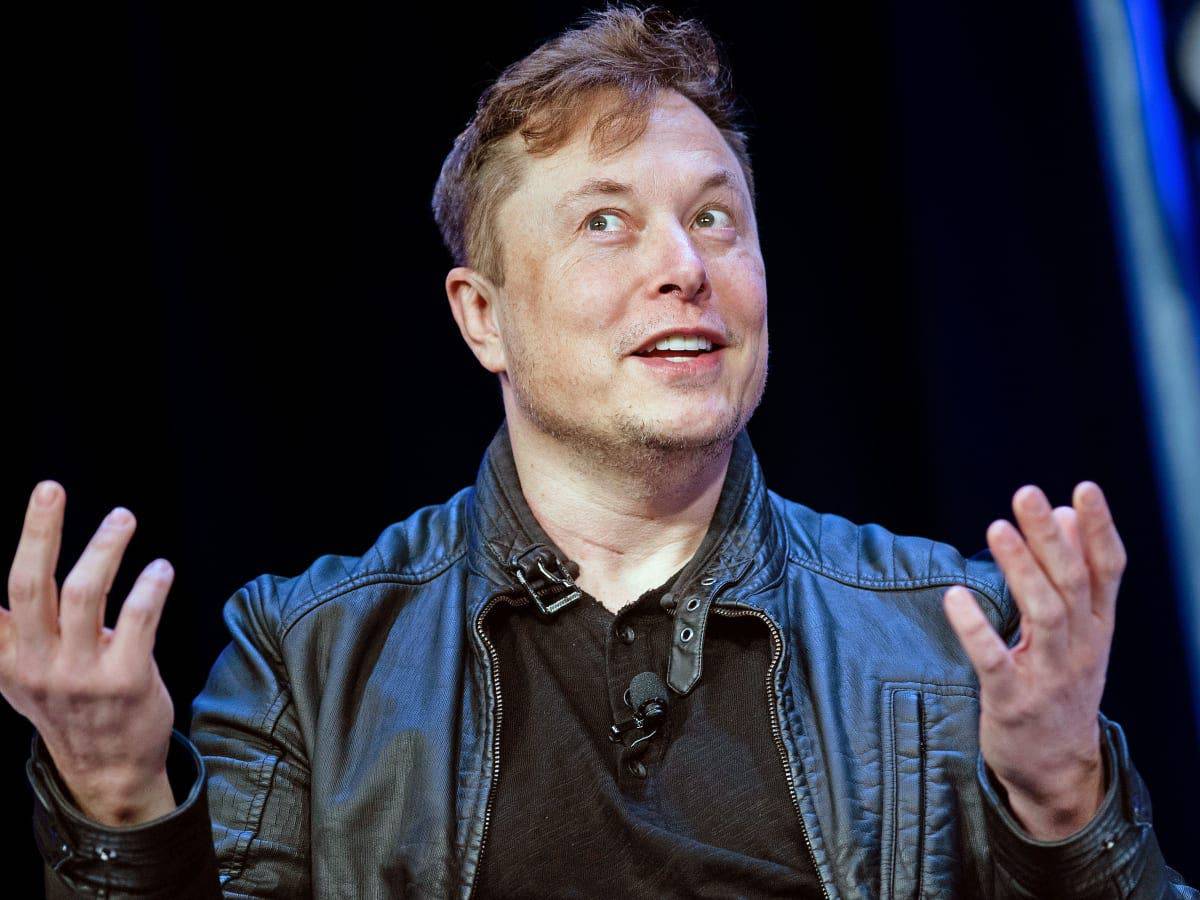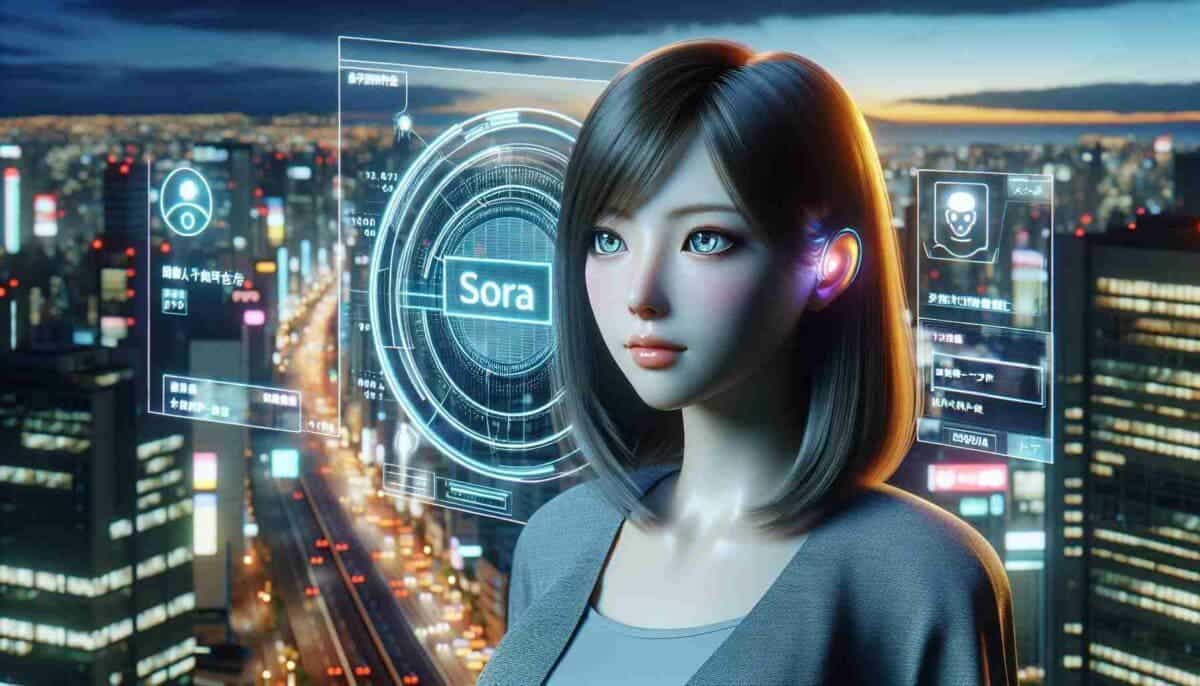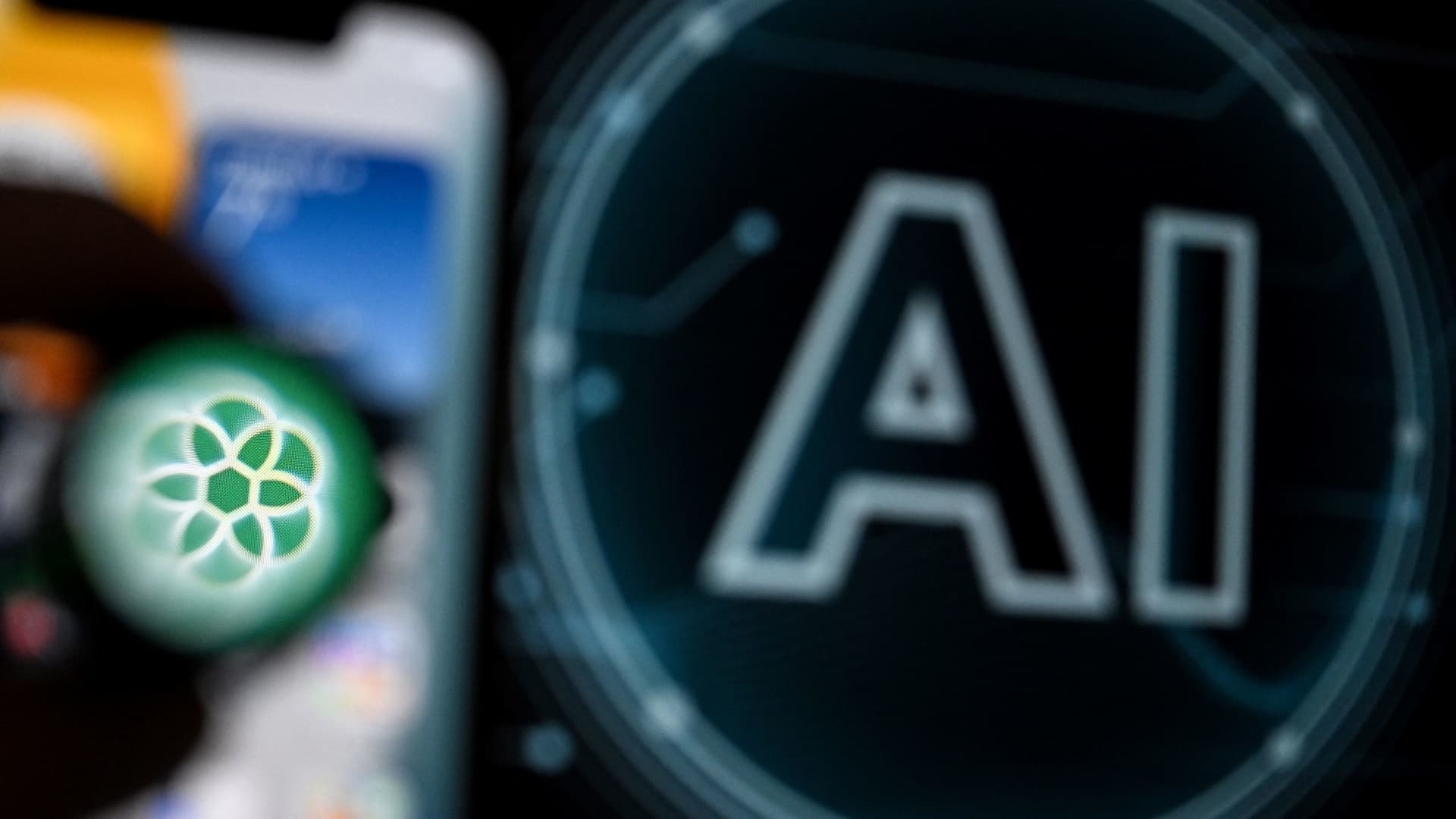Elon Musk’s recent lawsuit against OpenAI and its CEO Sam Altman has sparked a legal battle. The publication delves into the company’s core AI principles and direction. OpenAI, formerly a non-profit organization, was founded with the mission of advancing AI for the benefit of humanity. Now, however, it finds itself at odds with Musk’s claims of deviating from that altruistic path. Elon Musk claims the company now has a profit motive influenced by Microsoft’s involvement.
Musk’s allegations and details of the case
Musk’s lawsuit accuses OpenAI of betraying its core mission by prioritizing profit over humanity. He claims that the company, under Microsoft’s influence, has focused on developing artificial general intelligence (AGI) for commercial gain rather than the common good. The lawsuit includes claims for breach of contract, breach of fiduciary duty and unfair business practices against Altman, Brockman and several of OpenAI’s entities.
Elon Musk filed the lawsuit in San Francisco Superior Court on Thursday. He claims that OpenAI and its CEO, Sam Altman, are infringing agreement established by the company. Musk wants OpenAI to go back to being an open source company. He also sought an injunction to prevent OpenAI, its president Brockman and CEO Altman (listed as co-defendants in the suit) and Microsoft from taking advantage of the company’s AI technology.
Musk states in the complaint that
“OpenAI Inc. transforms into a de facto closed source subsidiary of Microsoft, the largest technology company in the world. Under the leadership of his new board of directors, he not only develops but perfects a form of Artificial General Intelligence (AGI) to maximize Microsoft’s profits rather than benefit humanity.
OpenAI’s response and dissent
OpenAI strongly rejected Musk’s claim, saying it strongly disagreed with his claims. The company claims it has made significant progress toward its mission despite Musk’s claims. OpenAI denies accusations of pursuing profit at the expense of its original goals. He claims the company is underlining its commitment to advancing AI technology for the benefit of society.
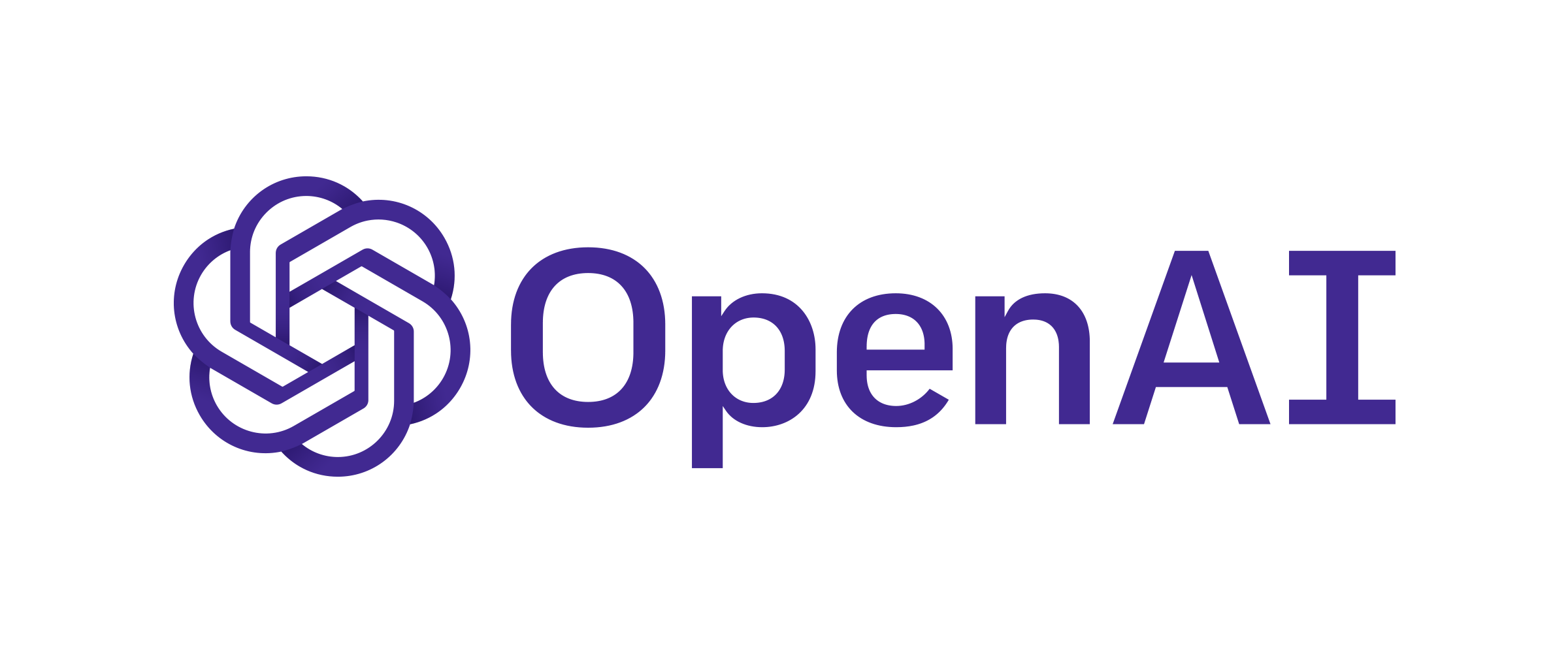
According to an internal memo sent by OpenAI to employees, the company “strongly disagrees” with Musk’s lawsuit against the company, Bloomberg reported. OpenAI Chief Strategy Officer Jason Kwon refuted Musk’s statement that OpenAI is a “de facto subsidiary” of Microsoft. He said that Musk’s perspective “it may stem from his regret that he is not involved in the company today.”
Kwon noted in the memo that the company’s mission “is to ensure that AGI (Artificial General Intelligence) benefits all people.” Kwon also said that OpenAI is independent and competes directly with Microsoft.
Gizchina News of the week
In another memo seen by Bloomberg, Altman called Musk “his hero” and said he misses the man who competed with competitors by developing better technology. Regarding the two memos, OpenAI declined to comment, as did the lawsuit.
Evolution of OpenAI’s mission and Microsoft’s role
The case sheds light on the evolution of OpenAI’s trajectory, especially since Microsoft’s significant investment in the company. Musk highlighted concerns about AGI falling into the hands of for-profit organizations like Google and emphasized the importance of returning to OpenAI’s open source roots. The legal battle highlights the clash between different visions of AI development – one driven by profit motives and another rooted in humanitarian goals.
Legal complexities and jurisdictional challenges
The legal drama surrounding Musk’s case against OpenAI isn’t just about contractual disputes, it also runs deep into jurisdictional challenges. Questions arise about the enforceability of agreements aimed at ensuring that AI developments benefit humanity. The case moves through complex legal terrain, including issues related to the Delaware subject matter doctrine and jurisdictional disputes between California and Delaware courts.
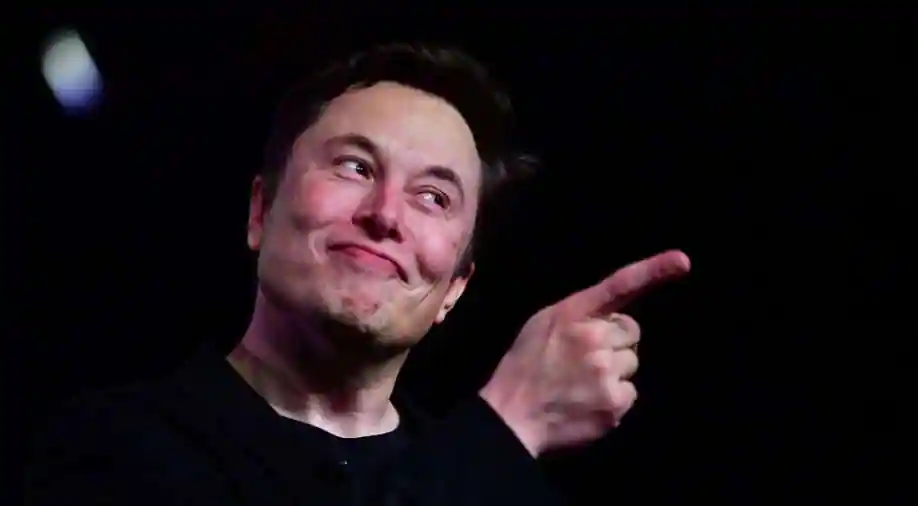
The legal environment surrounding artificial intelligence (AI) contracts is complex, especially when considering jurisdictional challenges in international AI agreements. These challenges stem from the global nature of AI transactions involving countries from different legal systems and language backgrounds. The relationship between jurisdiction and the Internet poses a significant dilemma because of the global reach of the Internet, making it challenging to align with traditional legal boundaries. Legal professionals must stay abreast of these challenges to ensure compliance, mitigate risks, and facilitate fair resolution of AI contract disputes.
Conclusion
In conclusion, Elon Musk’s lawsuit against OpenAI and its CEO, Sam Altman, has ignited a contentious legal battle that highlights fundamental disagreements about the direction of AI development. The lawsuit, filed in San Francisco Superior Court, accuses OpenAI of deviating from its original mission of developing AI for the benefit of humanity and prioritizing profit-driven motives, particularly under the influence of Microsoft.
Musk’s claims raise critical questions about the ethical implications of AI development and the role of for-profit enterprises in shaping its trajectory. He argues that OpenAI’s shift to commercial interests runs counter to its founding principles and calls for the company to return to its open source roots.
OpenAI strongly refutes Musk’s claims, stating its commitment to advancing AI technology for the greater good. The company maintains its independence and emphasizes its mission to ensure that artificial general intelligence benefits all people, contrary to Musk’s claims.
The legal dispute highlights the complexities of navigating AI development in an increasingly commercialized environment. It also highlights the jurisdictional challenges and legal complexities surrounding contractual agreements aimed at protecting the ethical principles of AI.
As the case unfolds, it highlights broader debates surrounding AI ethics, corporate responsibility and the future direction of technological development. Ultimately, the outcome of Musk’s lawsuit against OpenAI could have profound implications for the ethical governance of AI and the role of for-profit organizations in shaping its evolution.
OpenAI disagrees with Musk’s lawsuit – Says its in direct competition with Microsoft

